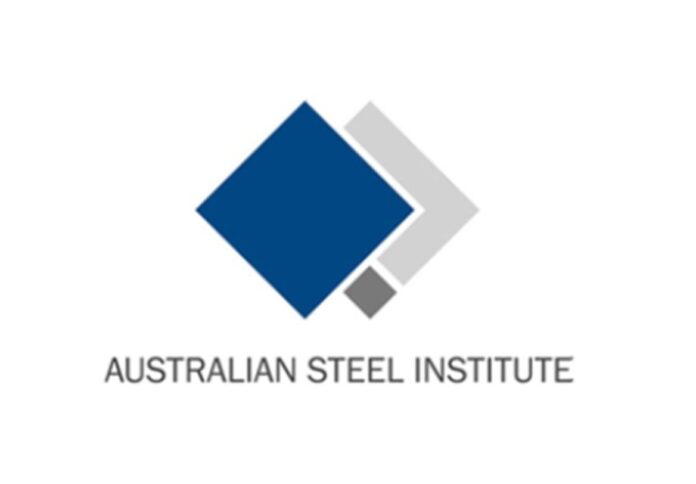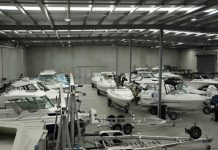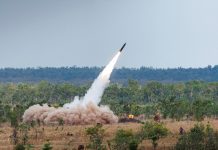
Media Release by Australian Steel Institute
The Australian Steel Institute (ASI) has reaffirmed its call for a national ban on the export of unprocessed ferrous scrap metal, saying processing scrap locally is an important environmental and economic opportunity for Australia.
ASI chief executive Mark Cain said Australia was currently confronted by a bizarre situation whereby steel mills were importing processed ferrous scrap to meet increasing demand for steel when they could be using their own.
“A ban on exports would free up an extra 800,000 tonnes of processed scrap to the domestic market, decrease our sector’s GHG emissions by approximately 1.5 m/ts CO2e; and prevent harm to offshore environment through banning the dumping of Australia’s unprocessed scrap waste,” Cain said.
The Commonwealth’s Recycling and Waste Reduction Act 2020 has in place export bans for unprocessed tyres, glass and plastic. The inclusion of unprocessed ferrous scrap metal to the list of banned waste exports would reduce emissions while helping the local steel industry, ASI said.
The Act allows the Environment Minister flexibility to periodically regulate different waste materials as appropriate.
In a presentation late last year to the Federal Standing Committee on Climate Change, Energy, Environment and Water, ASI said a ban was critical for domestic steel industry’s strategy to reduce emissions intensity and support circularity for a decarbonised steel industry.
The Australian Steel Institute (ASI) is the peak body representing the Australian steel industry. ASI provides marketing, education, advocacy, sustainability and technical leadership for 500 companies and 5,000 members. Its founding members are BlueScope, InfraBuild, Liberty Primary Steel and Stramit Building Products. Steel generates 100,000 jobs and $29b in revenue in Australia.



















